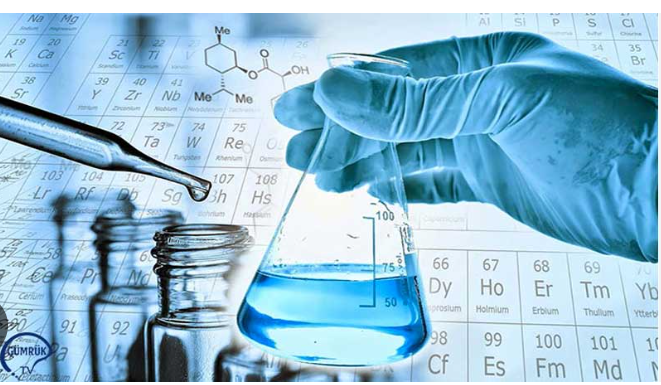Turkey’s petrochemicals industry, which is one of the leading sectors that provides input to all sectors and contributes to the country’s economy, is approximately 70 percent foreign-dependent, reports economy & business website Ekonomim.com. This rate reaches 90 percent for plastics.
The sector’s imports, including oil and gas, were 132.8 billion dollars in the January-November 2022 period, with its exports in the same period reaching only 33.5 billion dollars. Adil Pelister, President of İKMİB (Istanbul Chemical Substances and Products Exporters Association), said that total imports are expected to be around 144 billion dollars when December is included.
Emphasizing that petrochemical investments are extremely important to prevent imports, Pelister said, “We need 5 more petrochemical investments in Turkey.”
Underscoring the strength of local demand, a Turkish group is already developing a $1.7 billion polypropylene plant not far away in Mediterranean Port of Ceyhan. Turkish conglomerate Ronesans Holding AS and Algeria’s Sonatrach are seeking to raise $1.1 billion for the 472,500-ton-a-year project, Bloomberg reported Jan.
Turkish petrochemicals company Bayegan Group, too, just announced plans to boost domestic output of polypropylene with a $1.9 billion plant in the south of the country.
Bayegan intends to build a 450,000-ton-a-year facility in Hatay province, the company said by email. That would equate to about 20% of Turkish demand, reducing imports of the polymer used in the nation’s famous carpets.
“The investment is in line with Bayegan’s mission of expanding its business across the value chain,” it said. The plant will enable Turkey, the top importer of polypropylene after China, to save about $500 million a year, Bayegan said.
The project has secured tax breaks, as well as lower power and labor costs, as the government seeks to bolster core industries and spur growth in a country where 65% inflation has fueled a cost-of-living crisis. The planned site is near Gaziantep, whose carpet-making heritage dates back to the Ottoman Empire.
The fixed investment cost of the plant was estimated at 27.7 billion liras in a government decree offering state benefits to the project in January last year, or $1.5 billion at the exchange rate then, according to the Official Gazette. That was for an annual production of 350,000 tons. The figure rose to $1.9 billion as production capacity was revised to 450,000 tons.
Underscoring the strength of local demand, another group is already developing a $1.7 billion polypropylene plant not far away in Ceyhan. Turkish conglomerate Ronesans Holding AS and Algeria’s Sonatrach are seeking to raise $1.1 billion for the 472,500-ton-a-year project, Bloomberg reported Jan. 10. Bayegan dropped out of the consortium in 2018.
Bayegan said it may take on a partner for its own project and is holding talks with potential investors.
“The project team is actively engaged in exploring various options for potential collaborations,” the company said, adding that discussions with export credit agencies are continuing. A similar plan by Bayegan in 2012 to set up a $1 billion petrochemical plant in southern Turkey with a Saudi partner didn’t go ahead.
Bayegan expects to sign an engineering, procurement and construction — or EPC — contract soon, and construction will then take 34 months, it said.
Turkey imports an average of 2.2 million tons of polypropylene a year, or 96% of its demand, from Saudi Arabia, South Korea, Egypt and Israel, according to Pagev, a local organization of plastics producers. Petkim Petrokimya Holding AS, owned by Azeri energy company Socar, is the country’s only producer.
Follow our English language YouTube videos @ REAL TURKEY: https://www.youtube.com/channel/UCKpFJB4GFiNkhmpVZQ_d9Rg
And content at Twitter: @AtillaEng
Facebook: Real Turkey Channel: https://www.facebook.com/realturkeychannel/
